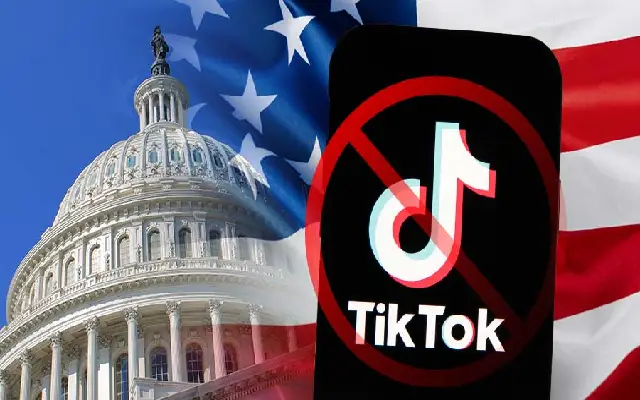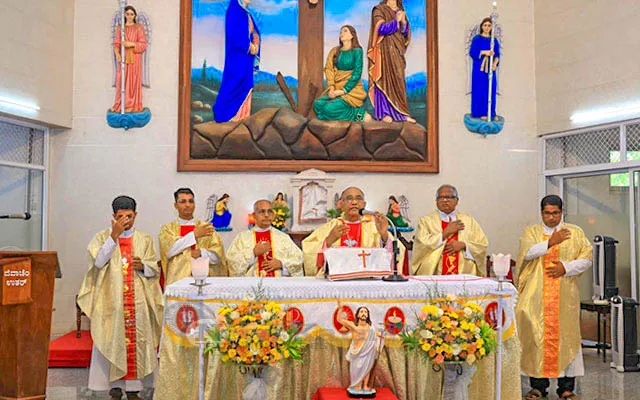Cairo:US special forces have carried out two separate raids in Africa targeting senior Islamist militants. Navy SEALs emerged before dawn from the Indian Ocean to attack a seaside villa in a Somali town known as a gathering point for militants, while American troops assisted by FBI and CIA agents seized a suspected leader of al-Qaida on the streets of Tripoli, Libya.
 In Tripoli, U.S. forces captured a Libyan militant who had been indicted in 2000 for his role in the 1998 bombings of the U.S. embassies in Kenya and Tanzania. The militant, born Nazih Abdul-Hamed al-Ruqai and known by his nom de guerre, Abu Anas al-Liby, had a $5 million bounty on his head and his capture in broad daylight ended a 15-year manhunt.
In Tripoli, U.S. forces captured a Libyan militant who had been indicted in 2000 for his role in the 1998 bombings of the U.S. embassies in Kenya and Tanzania. The militant, born Nazih Abdul-Hamed al-Ruqai and known by his nom de guerre, Abu Anas al-Liby, had a $5 million bounty on his head and his capture in broad daylight ended a 15-year manhunt.
The Somalia raid was planned more than a week ago, officials said, in response to a massacre by the militant Somali group al-Shabab at a Nairobi shopping mall. The Navy SEAL team targeted a senior al-Shabab leader in the town of Baraawe and exchanged gunfire with militants in a predawn firefight.
The unidentified al-Shabab leader is believed to have been killed in the firefight, but the SEAL team was forced to withdraw before that could be confirmed, a senior U.S. security official said.
Officials said the timing of the two raids was coincidental. But coming on the same day, they underscored the importance of counterterrorism operations in North Africa, where the breakdown of order in Libya since the ouster of the Gadhafi government in 2011 and the persistence of al-Shabab in Somalia, which has lacked an effective central government for more than two decades, have helped spread violence and instability across the region.
The military may have pursued both targets simultaneously to avoid the possibility that news of one raid might spook into hiding the target of the other, or that a public backlash in one country might rattle the governments of the other into withdrawing its quiet cooperation. It was unclear if Washington was planning other raids as well.
But at a moment when President Barack Obama’s popularity is flagging under the weight of his standoff with congressional Republicans and his leadership criticized for his reversal in Syria, the simultaneous attacks are bound to fuel accusations that the administration was eager for a showy victory.
Abu Anas, the Libyan al-Qaida leader, was the bigger prize, and officials said Saturday night that he was alive in U.S. custody. While the details about his capture were sketchy, an American official said Saturday night that he appeared to have been taken peacefully and that “he is no longer in Libya.”
His capture was the latest grave blow to what remains of the original al-Qaida organization after a 12-year-old American campaign to capture or kills its leadership, including the killing two years ago of its founder, Osama bin Laden, in Pakistan.
Abu Anas is not believed to have played any role in the 2012 attack on the U.S. diplomatic mission in Benghazi, Libya, senior officials briefed on that investigation have said, but he may have sought to build networks connecting what remains of the al-Qaida organization to like-minded militants in his native Libya.
A senior American official said the Libyan government was involved in the operation, but it was unclear in what capacity. An assistant to the prime minister of the Libyan transitional government said the government was unaware of any operation or Abu Anas’ abduction. Asked if American forces ever conduct raids inside Libya or collaborate with Libyan forces, Mehmoud Abu Bahia, an assistant to the defense minister, replied, “Absolutely not.”
Disclosure of the raid is likely to inflame anxieties among many Libyans about their national sovereignty, putting a new strain on the transitional government’s fragile authority. Many Libyans already accuse their interim prime minister, Ali Zeidan, who previously lived in Geneva as part of the exiled opposition to Moammar Gadhafi, of collaborating too closely with the West.
Abu Anas, 49, was born in Tripoli and joined bin Laden’s organization as early as the early 1990s, when it was based in Sudan. He later moved to Britain, where he was granted political asylum as Libyan dissident. U.S. prosecutors in New York charged him in a 2000 indictment with helping to conduct “visual and photographic surveillance” of the U.S. Embassy in Nairobi in 1993 and again in 1995. Prosecutors said in the indictment that Abu Anas had discussed with another senior al-Qaida figure the idea of attacking an American target in retaliation for the U.S. peacekeeping operation in Somalia.
After the 1998 bombing, the British police raided his apartment and found an 18-chapter terrorist training manual. Written in Arabic and titled “Military Studies in the Jihad Against the Tyrants,” it included advice on car bombing, torture, sabotage and disguise.
Since the overthrow of Gadhafi, Tripoli has slid steadily into lawlessness, with no strong central government or police presence. It has become a safe haven for militants seeking to avoid detection elsewhere, and U.S. government officials, speaking on condition of anonymity to discuss confidential information, have acknowledged in recent months that Abu Anas and other wanted terrorists had been seen moving freely around the capital.
The operation to capture Abu Anas was several weeks in the making, a U.S. official said, and Obama was regularly briefed as the suspect was tracked in Tripoli. While Obama had to personally approve the capture, the operation, while conducted in great secrecy, did not have the intensity about it that surrounded the hunt and killing of bin Laden.
But Obama had often promised there would be “no boots on the ground” in Libya when the United States intervened there in March 2011, so the decision to send in special operations forces was a risky one.
American officials say they will want to question Abu Anas for several weeks. But they did not dispute that, with an indictment pending against him in New York, that was most likely his ultimate destination. Obama has been loath to add to the prisoner count at the U.S. military facility at Guantanamo Bay, and there is precedent for delivering suspected terrorists to New York if they are under indictment there.
The operation is unlikely to quell the continuing questions about the events in Benghazi 13 months ago that led to the deaths of four Americans. But officials say it was a product of the decision, after Benghazi, to bolster the counterterrorism effort in Libya, especially as Tripoli became a safe haven for al-Qaida leadership. Abu Abas was one of the most senior al-Qaida officials captured in recent years.
His capture coincided with a fierce gunfight that killed 15 Libyan soldiers at a checkpoint in a neighbourhood southeast of Tripoli, near the traditional home of Abu Anas’ clan.
















